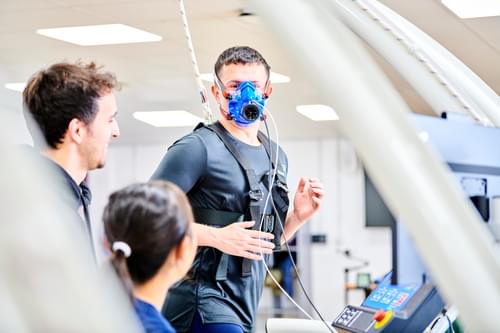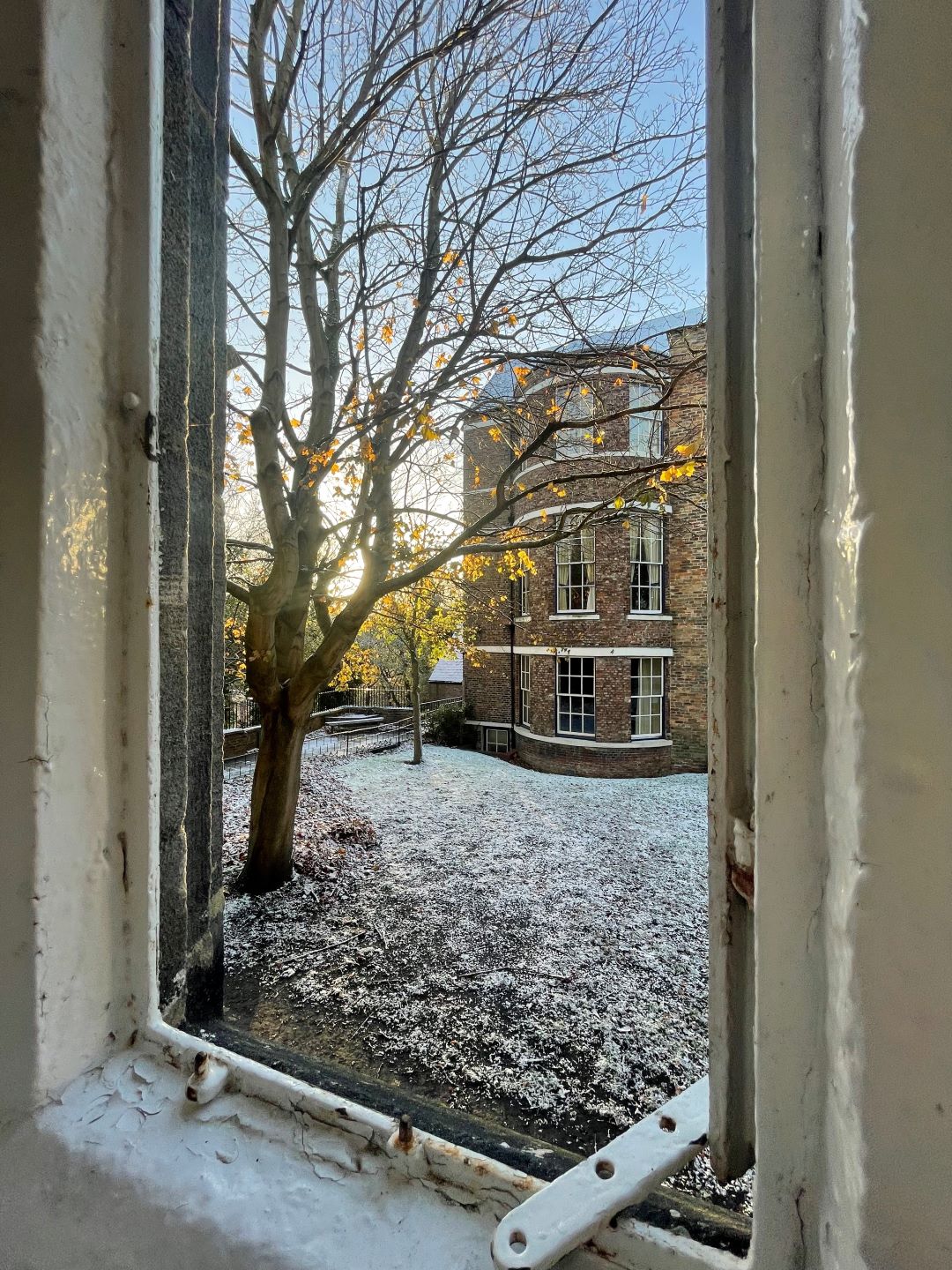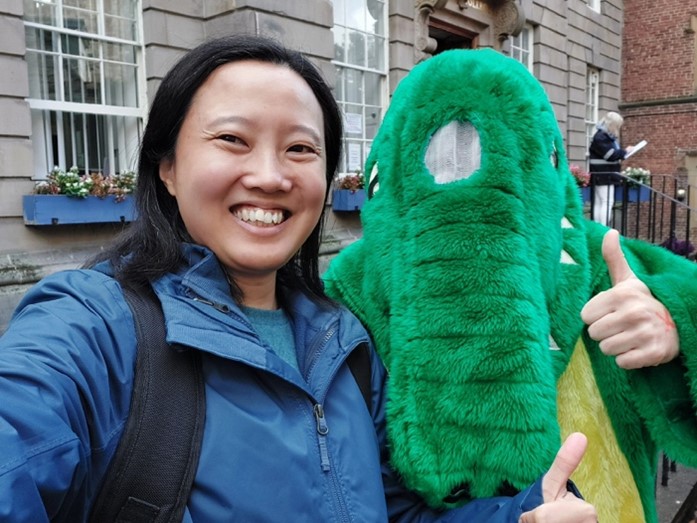Essays are probably the bread and butter of academic work at university. Even exams have essay components or are essay exams. So, I think it’s safe to say that waxing the skill that is essay-writing at a university level is quite essential. When I started my first essay, I had no clue where to start. It was pretty stressful figuring out how to actually write an essay, so I’m hoping to ease any of your anxiety if you feel this way by sharing how I now write my essays for university.
Start with the question and a rough search
First things first, choosing a question or coming up with a question because it’s the base of your whole essay. I tend to pick the topic that interests me most because you’re going to have to invest some time in the essay, so it’s good to be interested in it.
Once I’ve chosen a question, I do a rough search on google or google scholar just to get an understanding of the topic generally and see what people are saying about it. You don’t have to use this in your plan, but it helps to go into your research already having an idea of the key debates and ideas to help frame your thoughts.
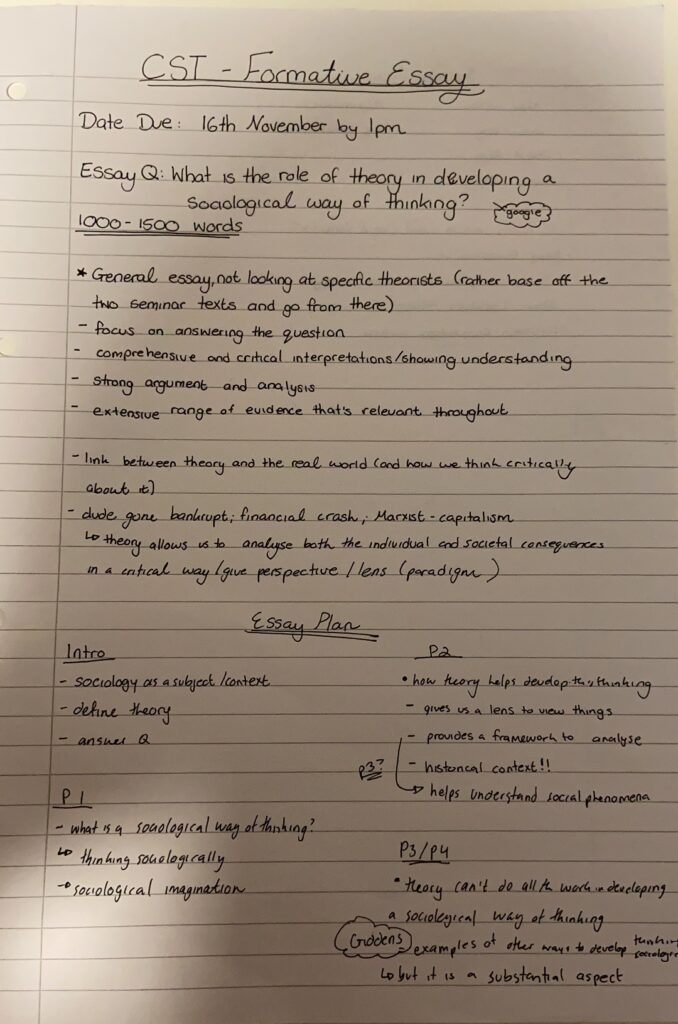
Get the research done
Next, I do all my research. I go through the resources from the module, in the library and other academic platforms and choose sources that seem to fit my topic. I’ll either keep them or eliminate them based on the abstract and how relevant they are. Once that’s done, I read through the papers, make summaries, and pull out key points or quotes pertinent to my question or argument (if I already know what argument I’m going to make).
Organise, highlight and plan
For me, it’s much easier to write an essay when I’ve already planned my points and have everything organised so that I don’t lose my argument or end up waffling. I make a plan for my essay and figure out my argument. Once I’ve figured that out, I go through my research again and highlight it to match my main points. So, what I’ll do is highlight quotes or ideas in different colours that link with various aspects of my argument. As I’m reading through, I make notes about how I can analyse those points or discuss them critically.
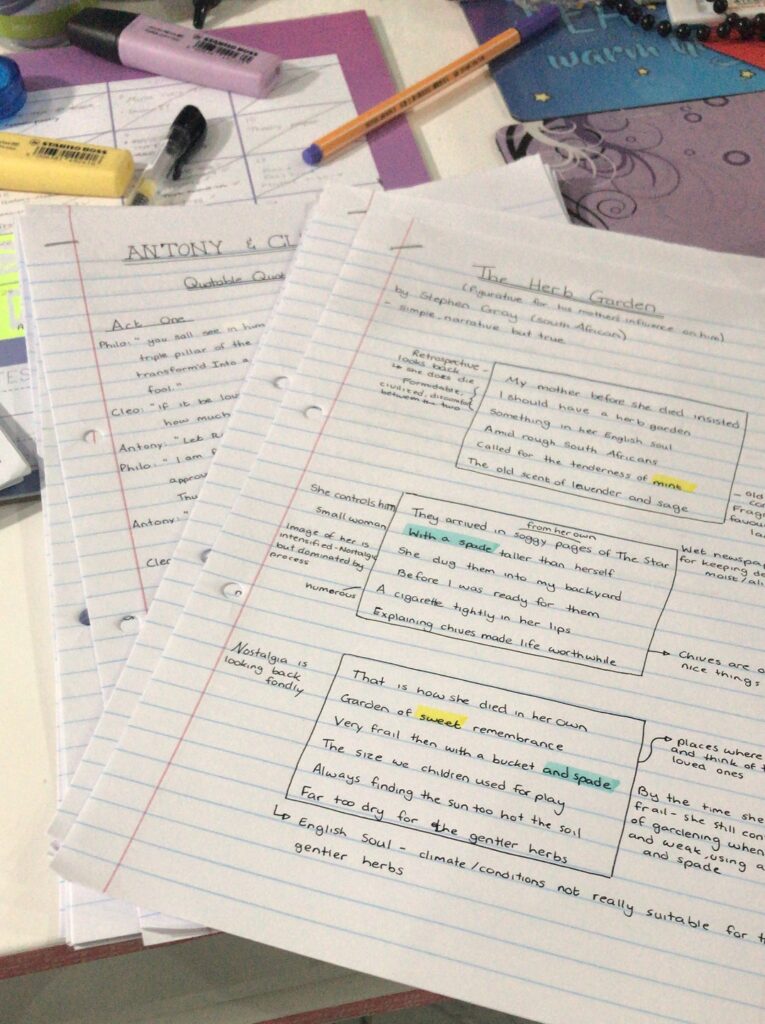
Writing the essay
When that’s done, it’s time to write the essay, and this takes me the least amount of time. I know it’s weird, but once I have my argument planned, and my evidence highlighted and ready, writing the paper actually comes quickly. I make my points with the supporting evidence, then analyse the points and the evidence so that I can be critical of them and draw out any incongruencies, strengths or weaknesses.
Getting that critical analysis aspect is really important in university essays. It’s not the easiest thing to do and definitely takes practice, but for me, the easiest way to include it is to question all aspects of the point as you’re reading the source and take notes as you go. That way, you’ve already started the process when you start writing the essay.
Also, I cannot stress this enough, do your in-text referencing as you go! It is so painful and frustrating trying to go back in and add them, so just do them while you write, and you’ll save yourself so much annoyance at the next stage of writing.
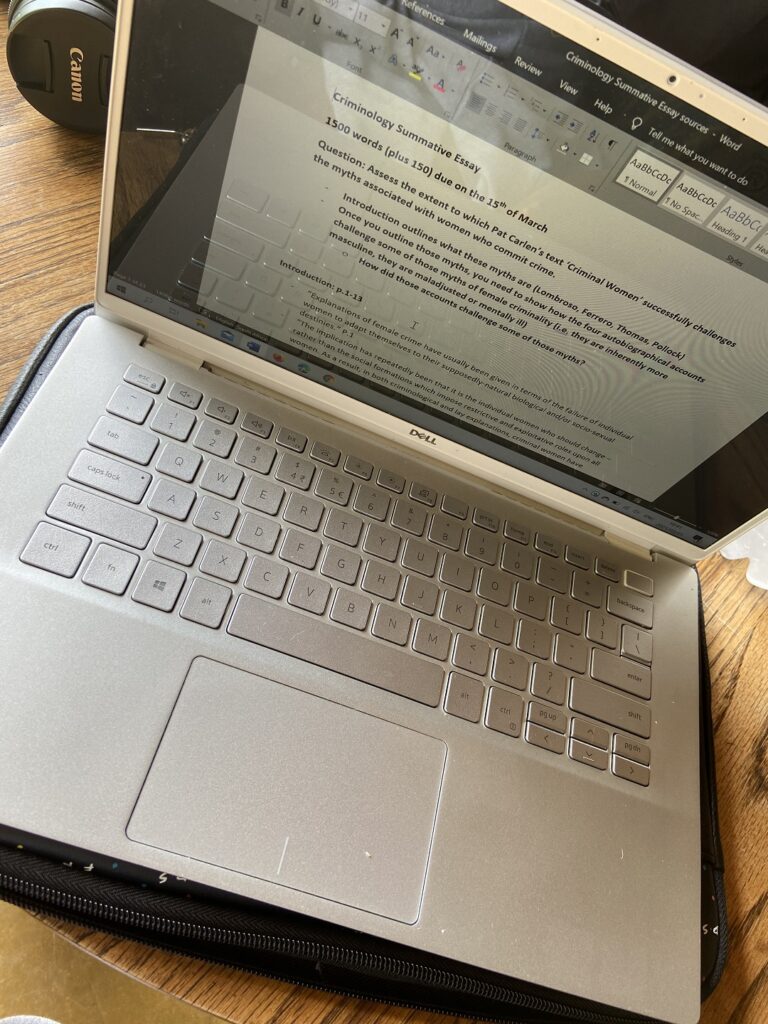
Reference, edit, check and submit!
When the essay’s finished, the rest comes quickly. I don’t write loads of drafts –I only really write two and then edit. When I’m done with my paper, I go through it and check for any grammatical issues, if there are glaring errors in the argument or if anything doesn’t make sense or is irrelevant.
I compile all my references and make my reference list, then leave the paper for a day or so. I like to get my assignments done ahead of time, so I don’t have to worry about deadlines or doing things last minute – I know it’s a bit weird, but my friends all joke about how anxious I am, and this way helps me feel a lot less stressed. I leave my paper for a while so I can almost come back to it with fresh eyes and hopefully see any mistakes or problems that I may have missed. I also like to ask someone else to read through it just to give feedback because sometimes we’re just too close to our projects to notice mistakes, and new people will be able to point those things out.
Lastly, I’ll do a last scan through and make sure the formatting is correct (cover page, word count, references etc.) then I’ll click submit, although clicking submit for me makes me very nervous, so I have to build up to it and triple check everything then triple check that it’s gone through.
But otherwise, that’s my general process for writing an essay. I really hope this helps, even if not to show you how to write an essay but at least just to think about the key components and any areas you might want to work on or look out for but thank you so much for reading!
For my tips on referencing your work read my other blog

Tia van Loggerenberg
Hey everyone! I’m Tia van Loggerenberg. I’m a second-year international student doing Education Studies single honours in John Snow College. I’m the founder and president of the Disney Society, secretary for the creative writing society and chocolate enthusiast. I also run a lifestyle blog called Tall Blonde Tales, where I include stories and advice about university, so if you’re interested, you can check that out too! Today, I’m sharing some of my favourite places to eat in Durham - I hope you enjoy it!


